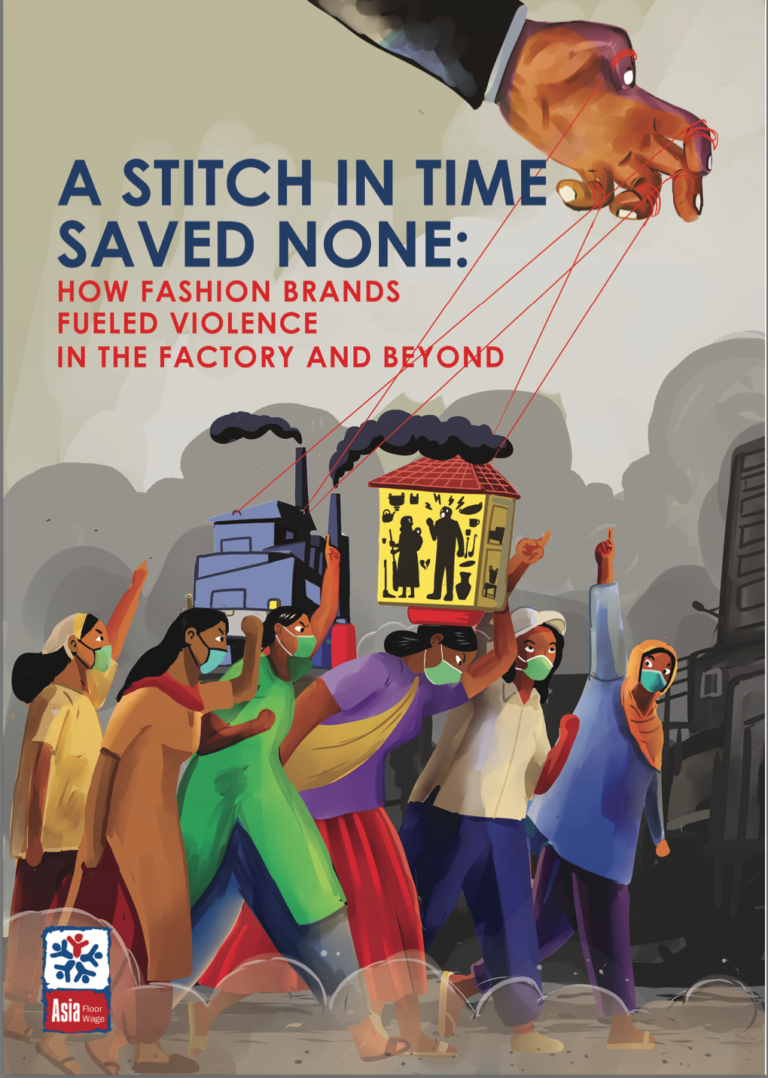Repayment of Recruiting Fees to Workers – 4 Emerging Best Practices
GuidanceGood PracticesIssara Institute, founded in 2014, has been working on advancing more ethical recruitment practices within supply chains since its founding, including work on aspects of ethical recruitment such as more transparent, ethical terms of engagement, more...Read More

